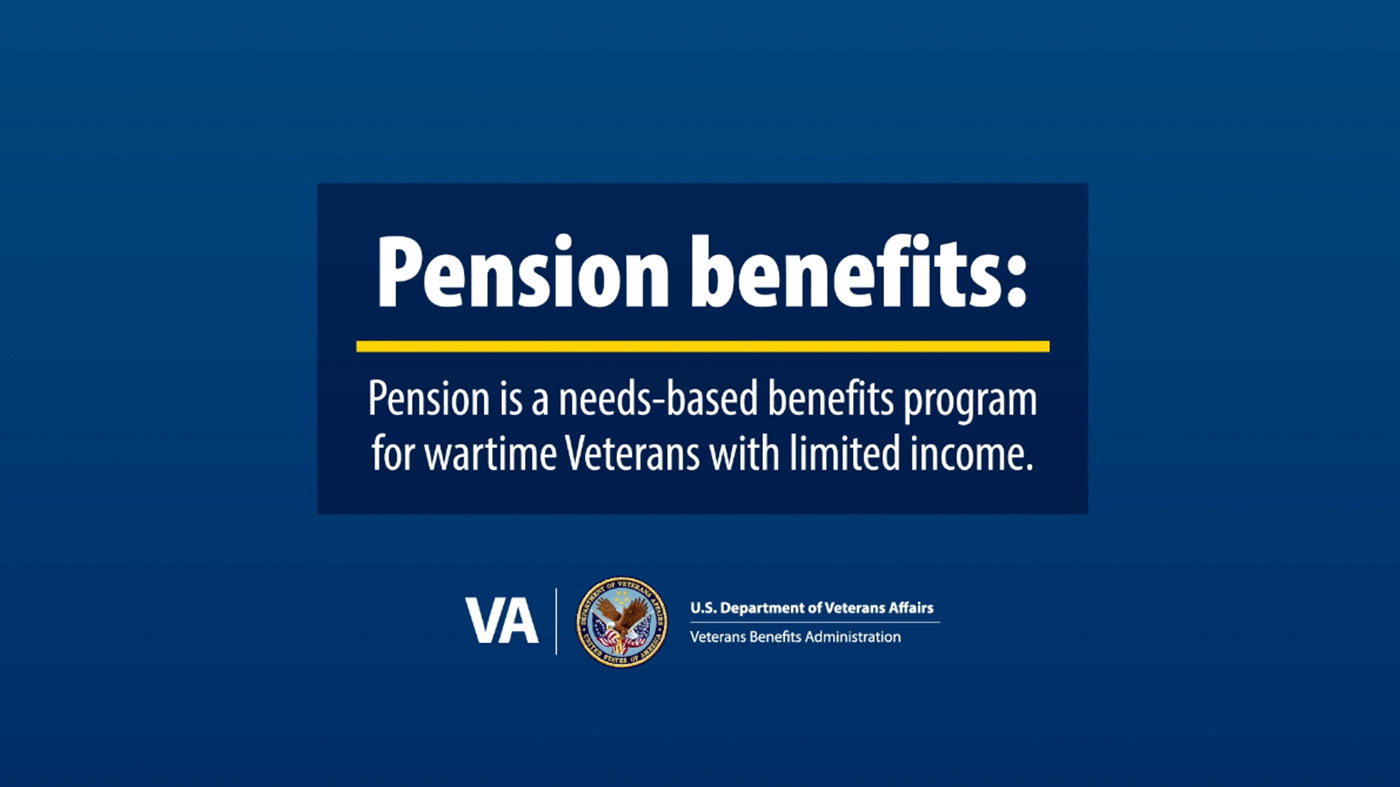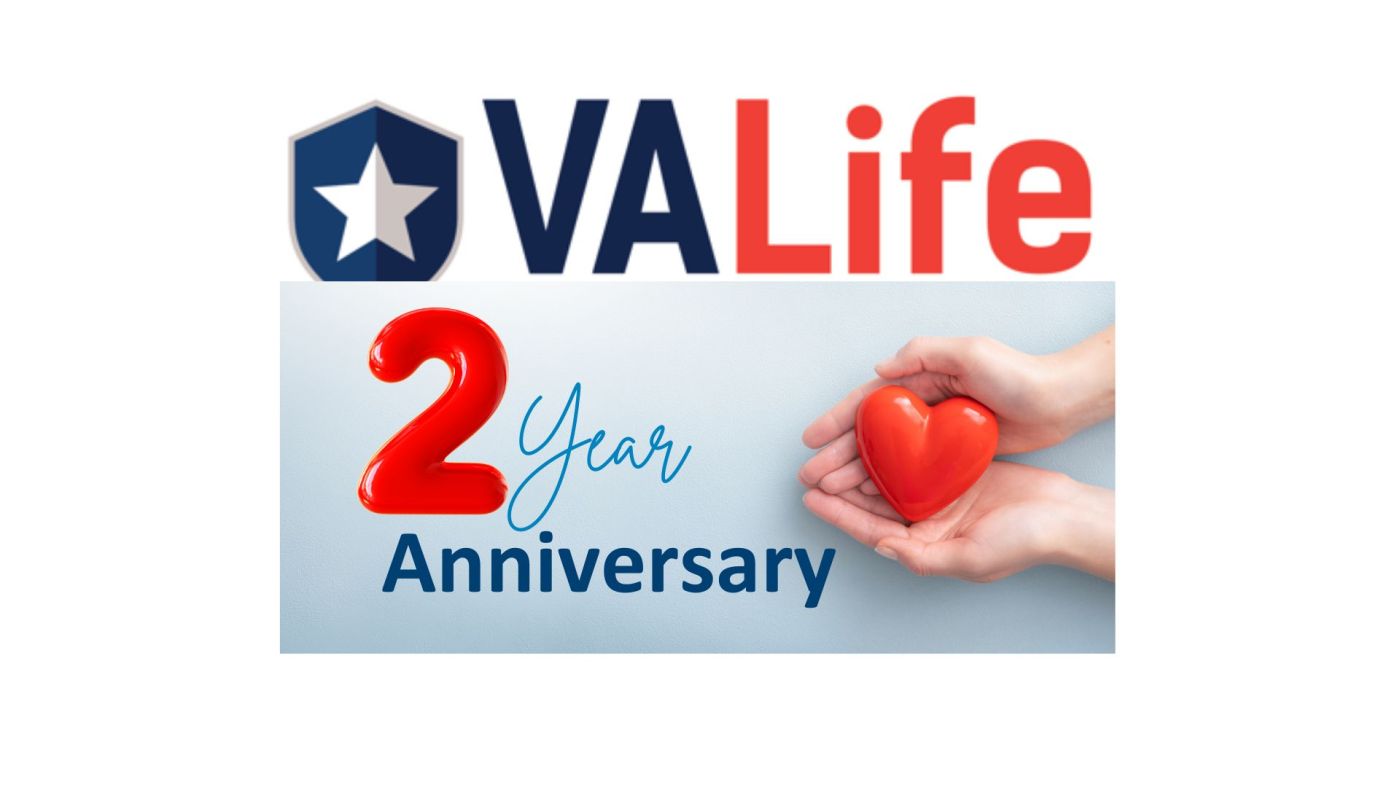Pension Poaching is a financial scam targeting Veterans and their families who are potentially eligible for VA benefits. Scammers often approach Veterans who are age 65 or older, or who are disabled and may be receiving monthly payments through the VA Pension Program and/or other VA benefits. To protect yourself and your family, VA provides a wide range of resources to help you identify and avoid fraudulent practices.
Recognize fraudulent tactics and learn how to prevent them
Perpetrators of pension poaching and financial scams may present themselves as caregivers, attorneys or financial planners to trick you into transferring your benefit payments to them or paying an illegal and unnecessary application fee. Here are a few different tactics to recognize:
- Individuals contacting you or your family member to ask you to deposit your future VA benefits directly into a caregiver’s bank account.
This tactic normally targets Veterans and beneficiaries who receive additional aid and attendance or housebound allowance benefits to complete and perform daily activities of living. Whether you have a caregiver or not, it is important to remember all your benefits should go directly to you (the Veteran or beneficiary) and no one else. In doing so, you prevent scammers from having immediate access to your benefit payments and personal information.
- Individuals misleadingly posing as “advisors” who want to “help” you in artificially qualifying and falsely applying for VA benefits.
You can recognize this scam when the “advisor” requests payment for their service(s) in filing and submitting a VA benefits application. Please note, it is illegal to charge claimants for filing a VA benefits application. VA does not charge claimants to complete this process.
- Individuals falsely posing as accredited attorneys or claims agents to encourage you (the Veteran or survivor) to pay a fee for their services.
Some scammers will pose as attorneys, claims agents, or financial planners to charge you for their misleading services. If you need assistance, please contact VA directly through its National Call Center (1-800-827-1000) for help and advice in completing the VA benefits application.
The consequences of pension poaching
Falling for these scams can also lead to long-term consequences for you and your family. In many cases, these fake “advisors” try to exploit you (the Veteran or beneficiary) by encouraging you to place their assets in investments that provide the scammer with lucrative fees. But what the “advisors” won’t tell you is that VA will review the terms and conditions of all of your assets transferred three years before you file a pension claim. Because of this, if you fall for this type of scam, you can be disqualified from the VA benefits you were once eligible to receive.
For more information
To learn more about common pension poaching scams and whether you are eligible for certain VA benefits, visit www.va.gov/pension.
Report suspicious activity
If you spot a potential scammer, please report them to the Office of Inspector General (OIG) at va.gov/oig/hotline. VA’s OIG is dedicated to preventing and investigating cases of fraud and abuse targeting Veterans and their beneficiaries. If you feel you’ve been the victim of a dishonest financial planner, or someone is operating dishonestly, you can also file a complaint with the Federal Trade Commission at www.consumercomplaints.ftc.gov.
Topics in this story
More Stories
How much do you know about VA care, benefits and services? Don’t miss out on what you've earned—check out the "2025 VA Federal Benefits Guide for Veterans, Dependents, Survivors, and Caregivers" handbook to learn more.
VA’s newest life insurance program, Veterans Affairs Life Insurance (VALife), has been open for two years and now provides full coverage to its policyholders who enrolled in January 2023.
VA has updated its process for awarding G.I. Bill benefits. This means that many Veterans who served multiple periods of military service (for example, Veterans who reenlisted) may be eligible for additional benefits for themselves or their beneficiaries.







Thanks for the advise